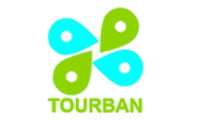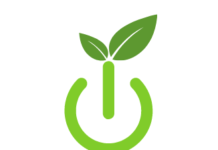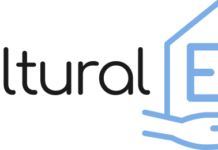TOURBAN
Tourism Urban & Social Tapestry – Developing Soft & ICT/Mobile learning skills
Tourban n. 2016-1- TR01 – KA203-035297
ERASMUS PLUS – Cooperation for innovation and the exchange of good practices – Strategic partnership for higher education – Call for applications 2016
Lead corporation
Necmettin Erbakan Üniversitesi (TR)
Short description
The contribution of higher education to employment and growth and its international attractiveness could be improved through a more effective connection through new types of cooperation between training institutions, research organizations and the business world, the three sides of the so-called ” knowledge triangle “. The TOURBAN project aims to improve the relationship between education and business in the tourism sector through innovative training programs that exploit several new technologies, such as the analysis of information provided by the consumer via mobile applications, new mapping and research services, gamification-based services, new ICT and Apps technologies, development of tourist attractions and lesser-known destinations that combine science, engineering and education.
Objectives
The project addresses the changes introduced by Social Media and mobile technology in the tourism sector, supporting a change of approach in business education of this sector. If in contemporary Europe, the service sector is the predominant one, the strategies and business models applied to tourism have been developed in an antecedent context. This shift towards the sphere of services pushes the academic and economic world to look for new tools of tourism entrepreneurship education based on service sciences.
TOURBAN, therefore, researches a new educational paradigm for the tourism sector, moving towards a perspective focused on services, technological solutions, and network, creating prototypes of educational tools together with stakeholders in the sector.
Actions
The actions of the project take the form of 5 Intellectual Outputs (IO):
IO1: Research and analysis of the behavior of users in the tourism sector through mobile technologies and social media. It will include a report on user behavior, on ICT resources and available Apps, on the tourism scenario in the context of each partner and SWOT analysis on the strengths and weaknesses of available tourist services.
IO2: training program on the impact of social media on teaching. Includes: analysis and selection of web 2.0 tools to develop new services, training program.
IO3: the creation of educational modules for the tourism sector based on games, using mobile devices.
IO4: a training program to innovate the development of business models in tourism and service prototyping together with stakeholders in the sector, giving sustainability to the project results.
IO5: MOOC 4.0 (Massive Open Online Courses) on how to implement innovation in education and services in the tourism sector.
Results
TOURBAN will allow the improvement and innovation of teaching used by higher education institutions in the tourism sector and stronger and more articulated cooperation between these, research centers and the business world through training opportunities, readings, projects, and joint research. The project will encourage the inclusion of ICT tools for learning and distance education. Moreover, thanks to the project, the tourism sector companies will benefit from a greater understanding of their users and will be able to improve the quality of the services offered.
Beneficiaries
University (teachers, students and graduates), companies and young workers in the sector, local authorities.
Partnership
The project boasts a partnership composed of 6 partners from 4 different European countries:
- Necmettin Erbakan Üniversitesi – Turkey
- Konya Büyükşehir Belediyesi – Turkey
- Konya Bilim Merkezi Isletme Hizmetleri San. Tic. Anonim Sirketi – Turkey
- InEuropa srl – Italy
- Institut National de Cercetare Dezvoltare in Turism INCDT – Romania
- Stichting PRIME – Holland
Duration
The project lasts 24 months (1 September 2016 – 31 August 2018).
Project Budget
€ 215,045.00
Financing institution
European Commission – DG Education and Culture




